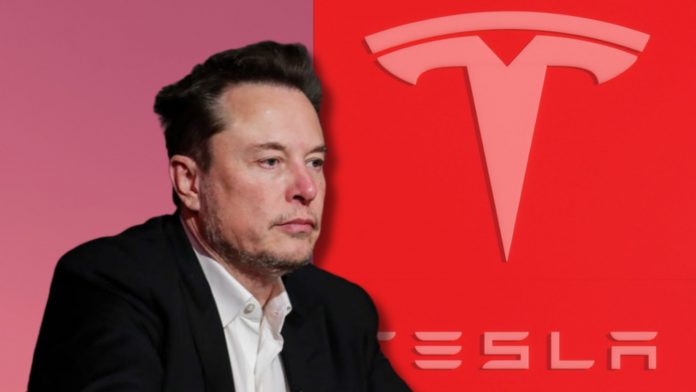Tesla share prices continued to fall this week after a leaked internal memo indicated the company planned to lay off more than 10% of its global workforce, dragging the brand’s market value to a one-year low.
The electric vehicle maker is now valued at less than $500 billion, following a 2.7% decline in stock price observed Tuesday on the New York exchange. Since the start of the year, Tesla’s valuation has lost roughly $290 billion due in part to rising concerns about stagnating demand for battery-powered cars. These anxieties were further inflamed by the release of the company’s first-quarter deliveries report, which revealed worse-than-expected volumes and the first year-over-year decline since 2020.
The EV brand’s recent share price losses further accentuate fallout from reports claiming that the long-awaited affordable Model 2 has been canceled in favor of launching a robotaxi based on the same platform. Tesla CEO Elon Musk swiftly denied the claims, published last week by Reuters, in a post to social media platform X, but did confirm that a self-driving taxi will make its debut this August. High EV prices have been frequently cited as a major obstacle to consumer adoption, a challenge that the purportedly $25,000 Model 2 would have attempted to resolve. Without a cheaper option in its aging lineup, analysts worry that Tesla deliveries will continue to slow as demand in the EV segment appears to be waning.
Its entry into the robotaxi business also comes during a time of souring sentiments toward self-driving vehicles. Incidents connected to driver-assistance platforms, including Tesla’s Autopilot service, and autonomous ride-sharing brands, such as General Motors’ Cruise, have taken an increasingly heavy toll on consumer confidence toward the underlying technology.
Tesla’s quarterly earnings report is scheduled for next Tuesday and is expected to reveal a decline in revenue attributed to the period’s poorer sales. Today, the EV brand asked shareholders to vote on a $56 billion pay package for Musk. The proposed salary had been previously approved in a separate vote but was denied by a Delaware court over claims that the payout was overly generous and against the best interests of shareholders. However, the company now plans to move its headquarters to Texas, a decision that would allow it to skirt the court’s ruling.




